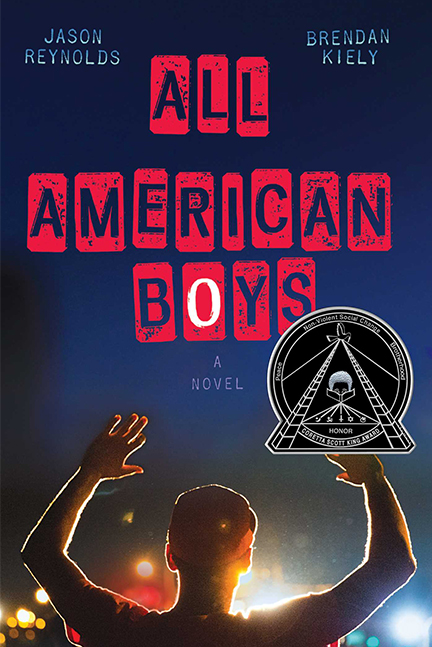Classic and contemporary books have been challenged over the years for having “difficult” themes or expressing unpopular views. Here is a list of frequently banned books and the reasons why they’ve been banned from the shelves of certain schools and libraries. Will you be adding any of these reads to your TBR?

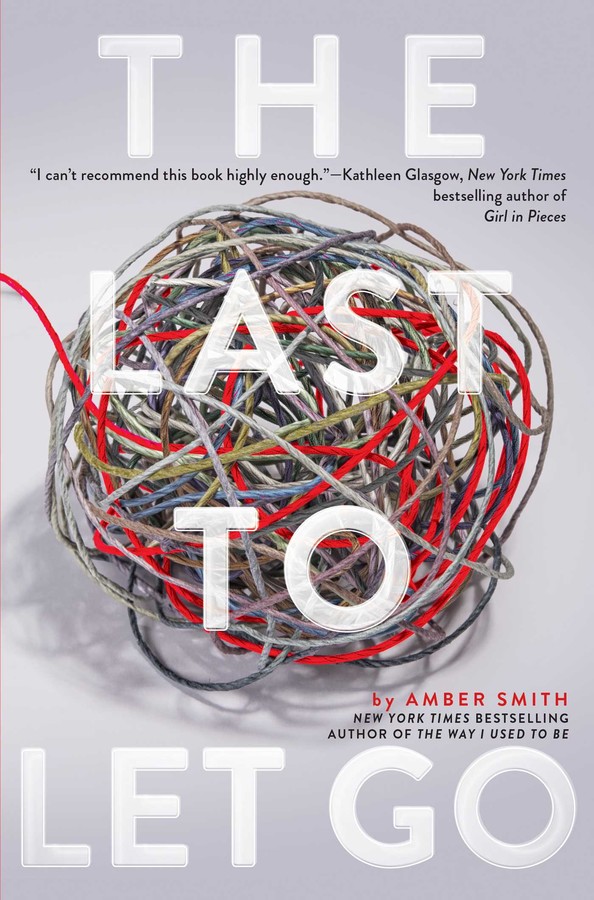
In a year of firsts—the first year without parents, first love, first heartbreak, and her first taste of freedom—Brooke must confront the shadow of her family’s violence and dysfunction, as she struggles to embrace her identity, finds her true place in the world, and learns how to let go. This book is on Rep. Matt Krause’s list of 850 works that contain content that “might make students feel discomfort, guilt, anguish, or any other form of psychological distress because of their race or sex.”

This New York Times bestselling memoir of a young man’s addiction to methamphetamine tells a raw, harrowing, and ultimately hopeful tale of the road from relapse to recovery. Tweak was removed from a summer reading list at a New Jersey high school after a few parents complained about instances of sexual content.

For thirty-five years, the acclaimed, bestselling first-person account of a teenage girl’s harrowing decent into the nightmarish world of drugs has left an indelible mark on generations of teen readers. As powerful—and as timely—today as ever, Go Ask Alice remains the definitive book on the horrors of addiction. Many people complained about the explicit references to drugs and sex, making it controversial since it was first published.

In America after the Second Civil War, the Pro-Choice and Pro-Life armies came to an agreement: The Bill of Life states that human life may not be touched from the moment of conception until a child reaches the age of thirteen. Between the ages of thirteen and eighteen, however, a parent may choose to retroactively get rid of a child through a process called “unwinding.” Unwinding ensures that the child’s life doesn’t “technically” end by transplanting all the organs in the child’s body to various recipients. Now a common and accepted practice in society, troublesome or unwanted teens are able to easily be unwound. Parents of a high school student in Kentucky complained about the language and topics in the books including sex, child abuse, suicide, and drug abuse. They also did not believe that the books were intellectually challenging enough. The titles are on a list made by the Young Adult Library Services Association for “reluctant readers.”
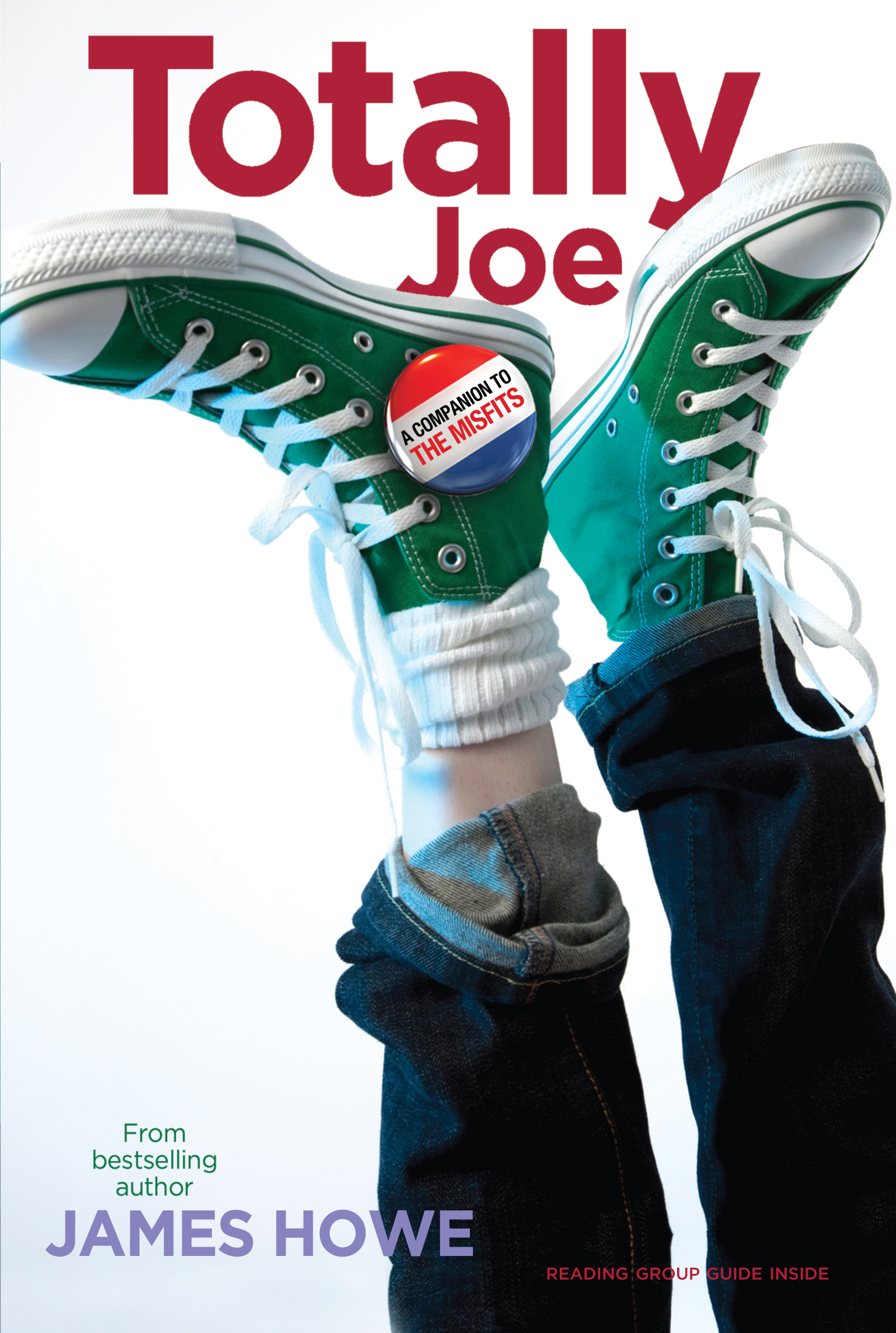
Assigned to write his alphabiography—a chronicle of his life with chapters headed from A to Z—seventh-grader Joe Bunch is at first uncertain. What if he tells the truth and someone besides his teacher reads it? But as Joe’s chapters build from “A” for his best friend Addie to “F” for family to “T” for turning thirteen and beyond, he finds his entries becoming increasingly honest and thoughtful. He writes about his crush on Colin Briggs, about being gay, and about a world where acceptance and ridicule can be confusingly intertwined. Utah parents found the book objectionable because the 13-year-old protagonist deals with the challenges of being a gay teen.

Kristina Snow is the perfect daughter: gifted high school junior, quiet, never any trouble. Then, Kristina meets the monster: crank. And what begins as a wild, ecstatic ride turns into a struggle through hell for her mind, her soul—her life. This book was hit with complaints because it includes “drugs, offensive language and sexually explicit” content since it’s about a teenage crystal meth addict.

For as long as they can remember, Brendan and Gary have been mercilessly teased and harassed by the jocks who rule Middletown High. But not anymore. Stealing a small arsenal of guns from a neighbor, they take their classmates hostage at a school dance. In the panic of this desperate situation, it soon becomes clear that only one thing matters to Bendan and Gary: revenge. This book was questioned due to a student’s aunt’s concerns about the book’s depiction of school violence.
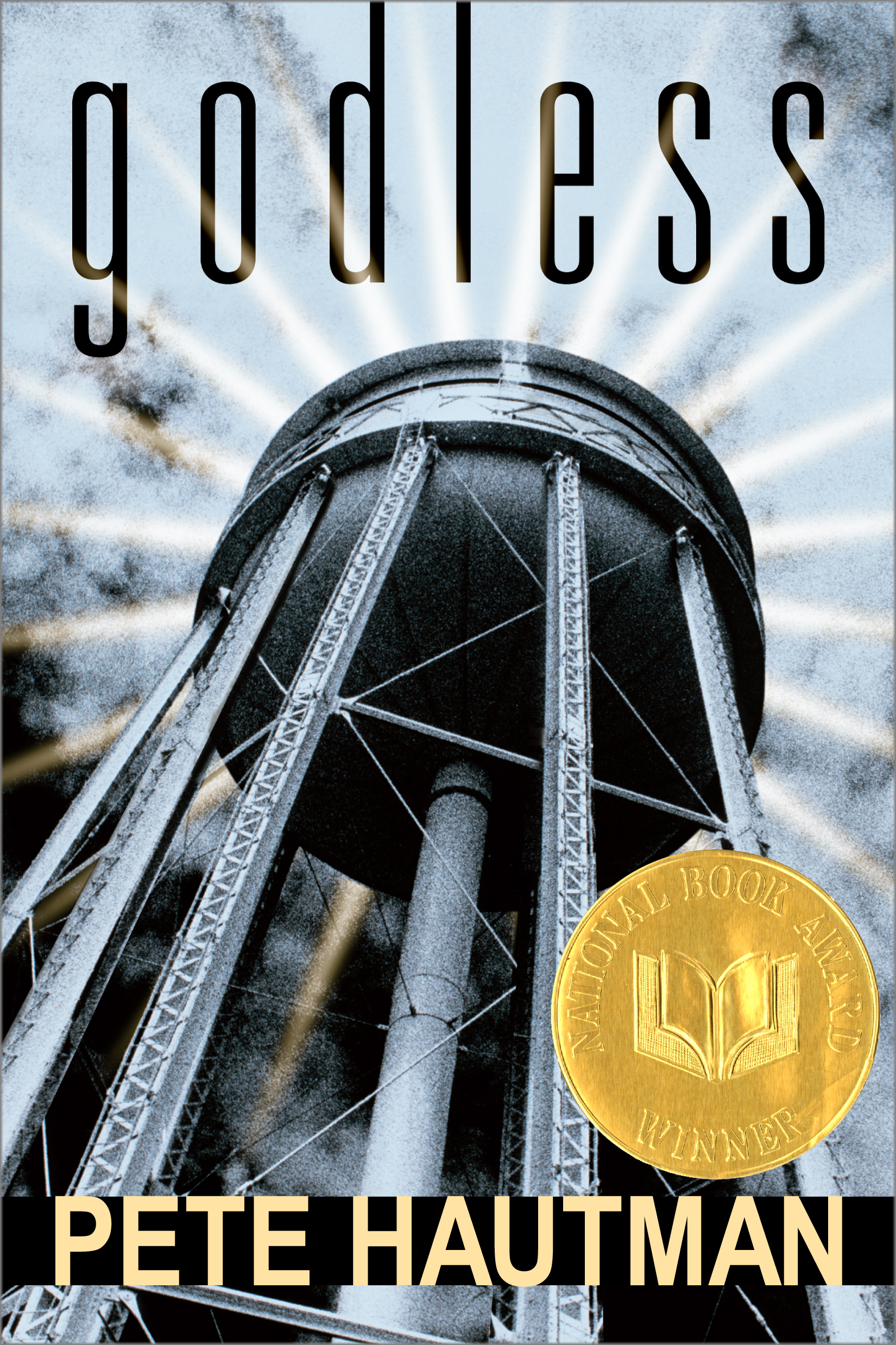
Fed up with his parents’ boring old religion, agnostic-going-on-atheist Jason Bock invents a new god — the town’s water tower. He recruits an unlikely group of worshippers: his snail-farming best friend, Shin, cute-as-a-button (whatever that means) Magda Price, and the violent and unpredictable Henry Stagg. As their religion grows, it takes on a life of its own. Jason soon realizes that inventing a religion is a lot easier than controlling it, but control it he must, before his creation destroys both his friends and himself. Godless was removed from a Mississippi High School summer reading list because parents were concerned about the “anti-religious” themes of the book.

For seventeen-year-old Janie, getting sucked into other people’s dreams is getting old. Especially the falling dreams, the naked-but-nobody- notices dreams, and the sex-crazed dreams. She can’t tell anybody about what she does — they’d never believe her, or worse, they’d think she’s a freak. Then she falls into a gruesome nightmare, one that chills her to the bone. For the first time, Janie is more than a witness to someone else’s twisted psyche. She is a participant…. Wake was challenged in a middle school in Oklahoma because a parent was concerned with it’s use of “adult language” and believed that the book was promoting drug use and sexual misconduct.

The critically acclaimed debut novel from Stephen Chbosky follows observant “wallflower” Charlie as he charts a course through the strange world between adolescence and adulthood. First dates, family drama, and new friends. Sex, drugs, and The Rocky Horror Picture Show. Devastating loss, young love, and life on the fringes. Caught between trying to live his life and trying to run from it, Charlie must learn to navigate those wild and poignant roller-coaster days known as growing up. This book often shows up on ALA’s list of most-frequently challenged books due to it’s open discussion of topics such as: sex, drugs, homosexuality, and suicide.

Margaret Simon likes long hair, tuna fish, the smell of rain, and things that are pink. She’s just moved from New York City to Farbook, New Jersey, and is anxious to fit in with her new friends. When they form a secret club to talk about private subjects like boys, bras, and getting their first periods, Margaret is happy to belong. But none of them can believe Margaret doesn’t have religion, and that she isn’t going to the Y or the Jewish Community Center. What they don’t know is Margaret has her own very special relationship with God. She can talk to God about everything—family, friends, even Moose Freed, her secret crush. This book was frequently challenged in the 1980’s due to the fact that the book openly discusses sex and it was believed to have an anti-Christian message.

After years of getting by, Skeezie, Addie, Joe, and Bobby decide to run for student council. Now they finally have the chance to stand up and be seen — not as the one-word jokes their classmates have tried to reduce them to, but as the full, complicated human beings they are just beginning to discover they truly are. A parent complained about the book having a gay character, and the school system refused to argue about it.

Katherine and Michael are in love, and Katherine knows it’s forever—especially after she loses her virginity to him. But when they’re separated for the summer, she begins to have feelings for another boy. What does this say about her love for Michael? And what does “forever” mean, anyway? Is this the love of a lifetime, or the very beginning of a lifetime of love? This book was frequently challenged because it discussed topics that weren’t often discussed, such as masturbation, birth control, and teenage sex.

Aristotle is an angry teen with a brother in prison. Dante is a know-it-all who has an unusual way of looking at the world. When the two meet at the swimming pool, they seem to have nothing in common. But as the loners start spending time together, they discover that they share a special friendship—the kind that changes lives and lasts a lifetime. And it is through this friendship that Ari and Dante will learn the most important truths about themselves and the kind of people they want to be. This book is on Rep. Matt Krause’s list of 850 works that contain content that “might make students feel discomfort, guilt, anguish, or any other form of psychological distress because of their race or sex.” It has also been banned other places for having a queer romance and mentions of drugs and sex.
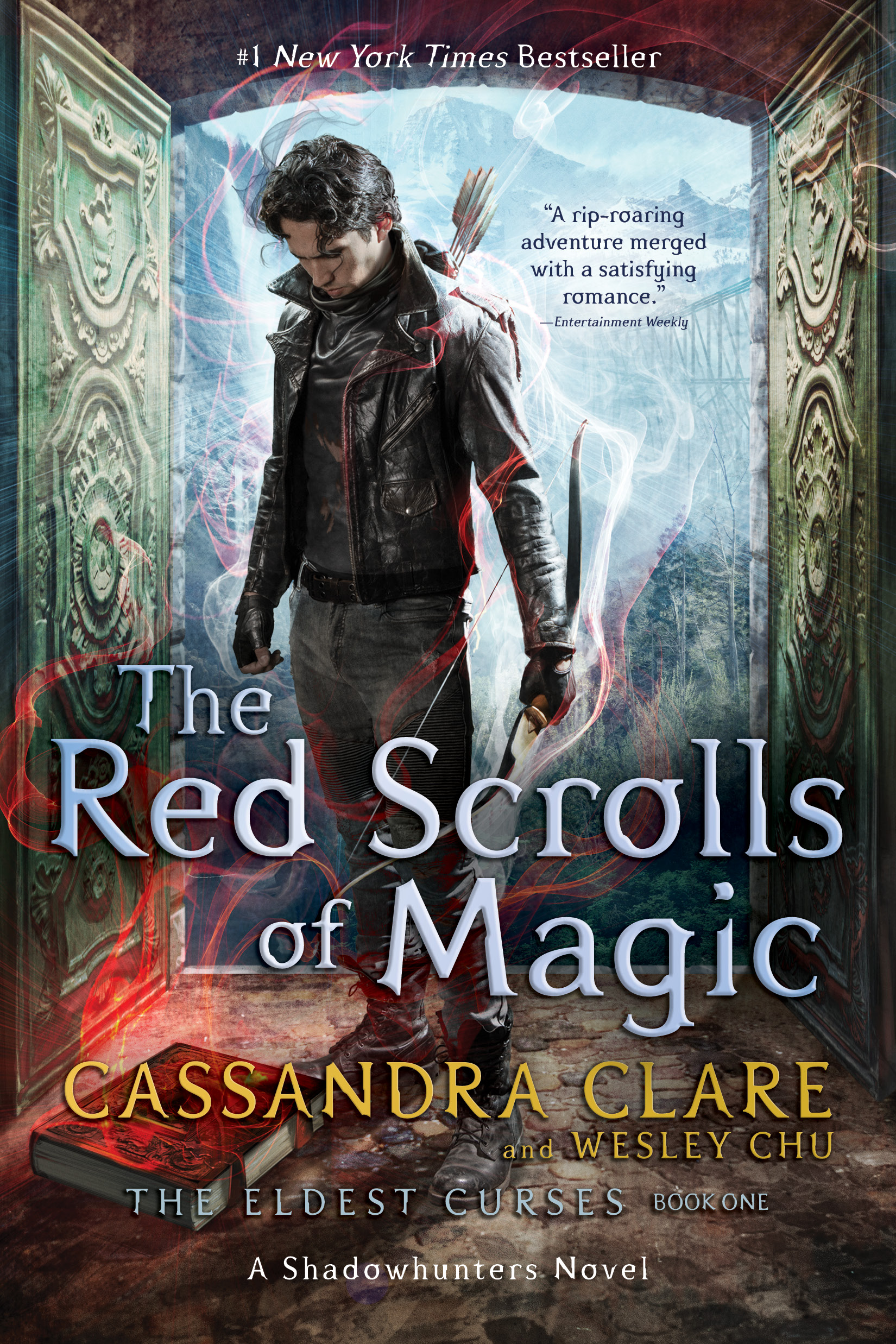
This Shadowhunters books follows fan-favorite characters Magnus Bane and Alec Lightwood on a romantic vacation in Europe, which is rudely interrupted by demons. The Red Scrolls of Magic is included on Governor Greg Abbott’s list of books deemed inappropriate for students in Texas. It was reported by parents in one school district because it “contains 1 or more of the following: Marxism, incest, sexual explicit material — in written form and/ or visual pictures, pornography, CRT, immoral activities, rebellious against parents.”

Henry Denton has spent years being periodically abducted by aliens. Then the aliens give him an ultimatum: The world will end in 144 days, and all Henry has to do to stop it is push a big red button. Only he isn’t sure he wants to. This fantasy book is included on Governor Greg Abbott’s list of books deemed inappropriate for students in Texas and has been challenged by parents for explicit content.
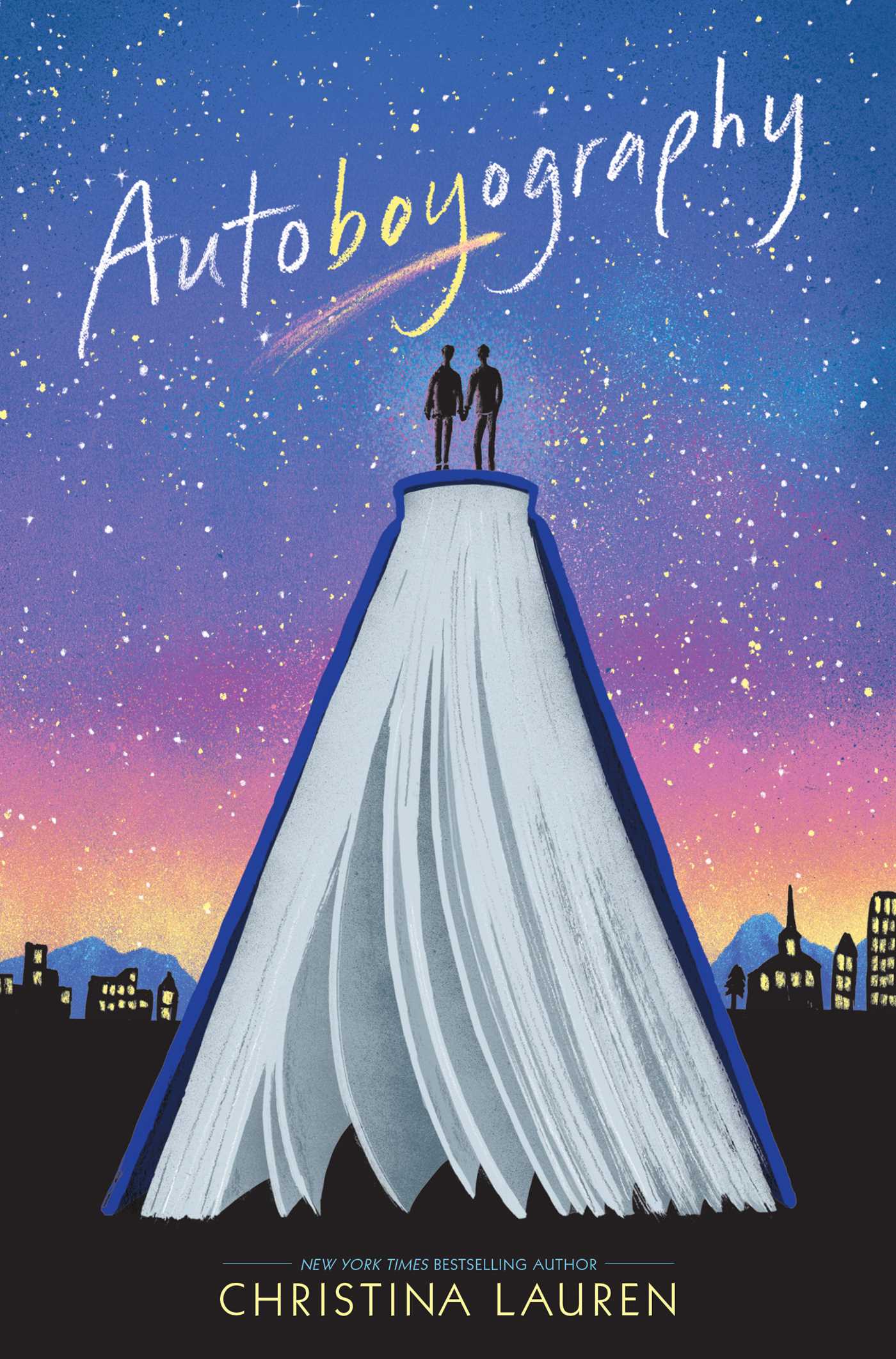
Three years ago, Tanner Scott’s family relocated from California to Utah, a move that nudged the bisexual teen temporarily back into the closet. Now, with one semester of high school to go, and no obstacles between him and out-of-state college freedom, Tanner plans to coast through his remaining classes and clear out of Utah. Until he meets Sebastian Brother, Mormon prodigy, and promptly falls in love with him. This book is on Rep. Matt Krause’s list of 850 works that contain content that “might make students feel discomfort, guilt, anguish, or any other form of psychological distress because of their race or sex."


